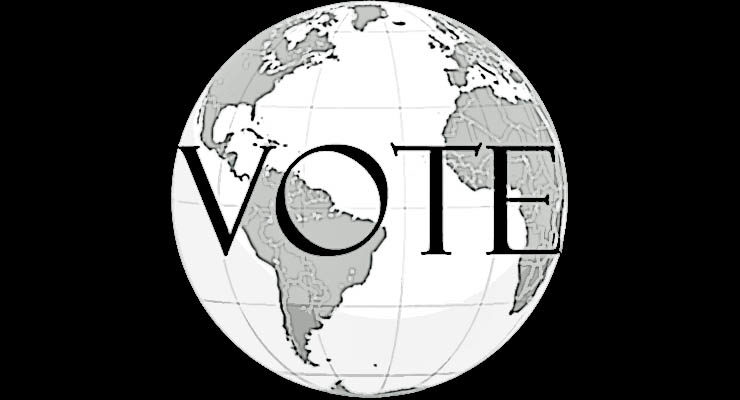 Some interesting new research was recently published by intergovernmental organization International IDEA. Authors include Erik Asplund Lars Heuver, Fakiha Ahmed, Bor Stevense, Sulemana Umar, Toby James and Alistair Clark. Take a look at this excerpt:
Some interesting new research was recently published by intergovernmental organization International IDEA. Authors include Erik Asplund Lars Heuver, Fakiha Ahmed, Bor Stevense, Sulemana Umar, Toby James and Alistair Clark. Take a look at this excerpt:
This article helps to address these questions by presenting information on political campaigns around the world in 2020. Data was collected from media and election observation reports from 52 national elections (in 51 countries) in 2020 on how the campaigns operated. This was the vast majority of the countries that held national elections and which also had cases of COVID-19 at the time.
This analysis forms part of a series that will cover other parts of the electoral cycle, including health and safety arrangements in polling stations, special voting arrangements; and, international election observation. It forms part of an ongoing study between International IDEA and the Electoral Integrity Project on COVID-19 and elections.
The authors also have a helpful shortlist of the main findings here:
- Many governments are limiting traditional campaigning as part of broader COVID-19 measures. Typically, by banning or reducing the number of people who can attend campaign events.
- Some observations and media reports find that campaign limitations and health and safety measures are not being respected or enforced.
- Many EMBs, in collaboration with health ministries, introduced health and safety guidelines for political parties, candidates, and supporters.
- There are some anecdotal country reports that campaigns have led to increased cases of COVID-19 and deaths, although these need to be treated carefully.
- Remote campaigning has increased in many countries as a result of the restrictions, especially on social media.
Read the full report here. Also see our section on World Democracy or our articles on Worldwide Corruption.
Leave a Reply